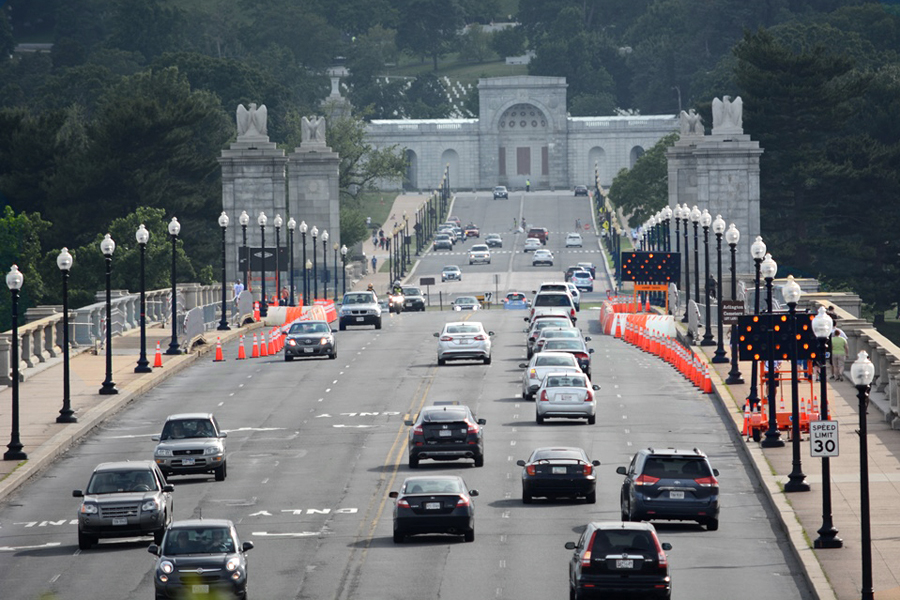WASHINGTON — A federal official says power cables next to the one that caught fire outside of McPherson Square Station on Monday were not equipped with insulating boots that are designed to prevent moisture and debris from causing corrosion that can lead to fires.
Monday’s fire led to an unprecedented daylong shutdown of the Metro system on Wednesday in order for 22 teams of engineers and Metro staff to inspect all 600 underground cables, connections and their insulating boots. Metro’s general manager said the inspection revealed three areas where power cables were so badly damaged that it wasn’t safe to run trains.
The federal official says the National Transportation Safety Board sent investigators to Monday’s fire scene, and that it was clear from a glance that the unburned cables’ connections to the power supply weren’t insulated. The official spoke on condition of anonymity because the official wasn’t authorized to speak publicly.
The emergency inspections found 27 jumper cables or connectors that had to be repaired or replaced. The same electrical equipment had been inspected after an electrical fire similar to Monday’s filled a Yellow Line train with smoke last January killing one rider and sending scores more to the hospital.
General Manager Paul Wiedefeld said that the state of the power cables casts doubt on the quality of those inspections and of other track work and long-term maintenance performed in recent years.
The outage has shed light on the state of Metro’s aging equipment and has renewed calls to find a dedicated funding source for Metro, which serves as the backbone of the region’s transportation network.
However, in the past Metro hasn’t spent all of its existing maintenance budget and Wiedefeld has said that maintenance work needs to be streamlined in order to make the most of times when the tracks and tunnels are available to repair crews.
Although the region survived a day without Metrorail, the loss of the system could have dealt a crippling blow to an already strained road network. Many WTOP listeners said they took the day off or worked from home instead of facing a possible hourslong slog to work.
The Associated Press contributed to this report.






